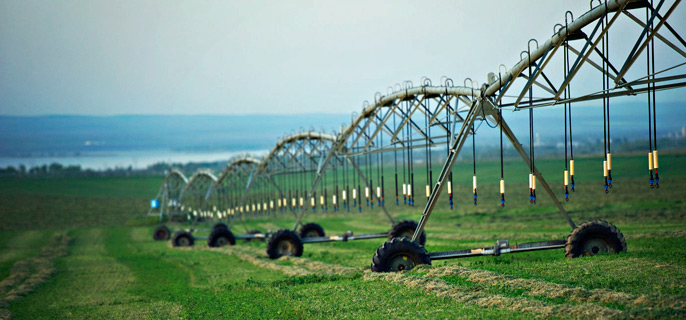What county is first in the US for green pea acreage and production? The answer is Umatilla. What county leads the nation in pear production? The answer is Hood River. That’s in Oregon. What county leads the nation in acres planted in Christmas trees? The answer is Clackamas.
For a state not always recognized as an overall agricultural leader in the US, Oregon has a large number of counties ranking highly in a variety of categories as listed in the latest Census of Agriculture. In those categories, which include crop acreage and livestock inventory, Oregon counties crack the top 50 list of all US counties at least 113 times– and that doesn’t count the commodities not tracked by the census. Not bad for a state that ranks only 28th of all states in value of agricultural products sold.
“There are more than 3,000 counties nationwide, and for us to show up in the top 50 in so many categories is a great testimony to the industry we have in Oregon,” says Katy Coba, director of the Oregon Department of Agriculture.
Oregon leads the nation in grass seed production. Linn County is the top US county in acreage. Marion County is No. 2 followed by Polk (No. 4), Lane (No. 5), Yamhill (No. 6), Benton (No. 7), and Washington (No. 8).
East of the Cascades has a distinctive Oregon flavor. Umatilla County is No. 1 in green pea acreage, No. 19 in potato acreage, and No. 33 in watermelon acreage while Malheur is No. 3 in dry onion acreage with Morrow at No. 6.
It may come as a surprise that Oregon is among the leaders in certain animal production categories. Morrow County is No. 32 in milk cows. Linn (No. 12) and Douglas (No. 39) are in the top 50 for sheep and lambs.
Oregon’s agricultural diversity, combined with an excellent climate and good soils, helps put the state’s counties on the map when it comes to specific crops and livestock. Add the skill and experience of its producers, and it’s not a stretch to say that Oregon is an agricultural state.
“Oregon recognizes the value of its agriculture, but we need to be vigilant in protecting the land and water so important to our growers and to each of these counties,” says ODA land use specialist Jim Johnson.
The census data reflects agriculture in 2012. Certainly the rankings could be different if the snapshot was taken today. But when it comes to some of the major agricultural counties in the US– at least for several commodities– don’t forget about a few of the counties found in Oregon.
For more information, contact Bruce Pokarney at (503) 986-4559.
More Stories from Northeast Oregon Now:
HPD Arrests 2nd ‘Person of Interest’ in Pasco Murders
State Denies Key Permit in Coal Terminal Project











